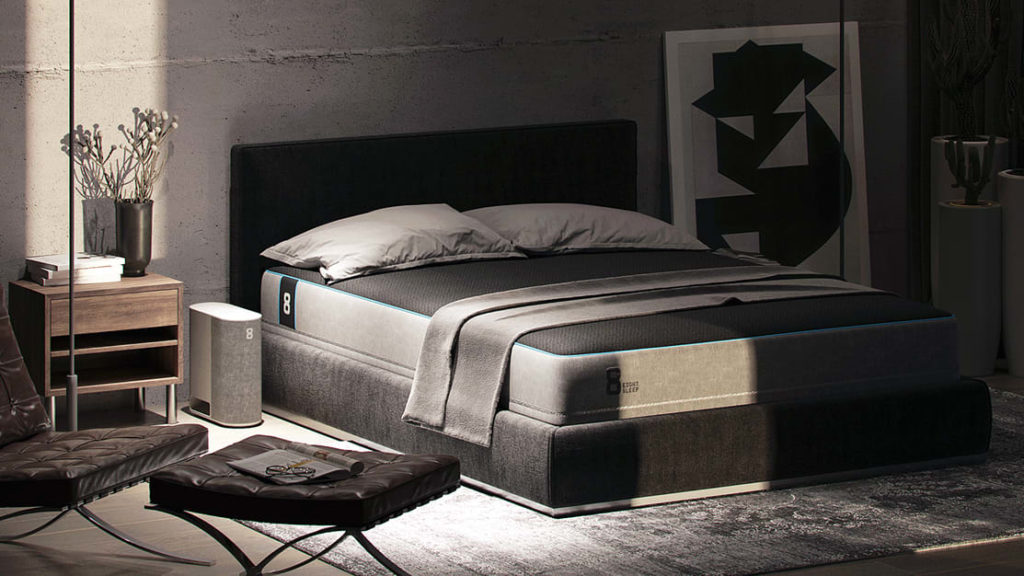The world as we know it has become anxious. Devices continue to discourage face-to-face interactions necessary for a healthy mental state, and that same technology drives employees to stay in touch around-the-clock. With less stigma today, people are becoming more open to discussing this state of anxiety and ready to spend on solutions to ease the strain.
In the realm of retail, products abound, giving people everyday touchpoints to minimize anxiety. Marketed as lifestyle goods through their anxiety-relieving qualities, the products speak to a need to attain a true sense of zen that is beneficial to overall health. From white noise machines, adult coloring books, salt lamps and meditation headbands to scented candles and the explosion of weighted blankets—there is a small universe geared towards relieving the tension.
Tracking Your Sleep Performance
As part of the growing anxiety epidemic is an emphasis on understanding sleep. Tracking for one, has become a huge area of sleep technology. Devices from a whole swath of companies, including Eight Sleep and even Apple, are giving people a chance to diagnose some of their own minor sleep inhibitors and potentially change habits that lead to a less productive, more anxious day. Meanwhile, brands like Casper and Leesa are strategically changing their frame of reference, disassociating themselves from the name “mattress” and opting instead for the umbrella category of “sleep.”
Creating Escapes
Meanwhile, many look to alleviate the permeation of anxiety with travel, designed with clear intentions to relax and align both mind and body. Nature-based travel is one sector that has grown with abandon. For those who spend most of their time indoors, venturing out on foot and discovering hidden wonders will bring a sense of calmness in hectic times. Fitness purveyors such as Corepower Yoga are becoming travel companies in their own right, planning and providing mindful excursions the give “perspective in paradise.”
Why It Matters +
It goes without saying that there is a buck to be made off our newly found anxious tendencies. But it begs the question…is it ethical?
If only one in six adults suffers from diagnosed depression or anxiety disorders, then there are five who have no need to be part of this million-dollar market. With this new category’s emergence, this may threaten to normalize mental illness, recoding and disrupting behaviors to make them a standard part of life, rather than something that requires medical attention.
